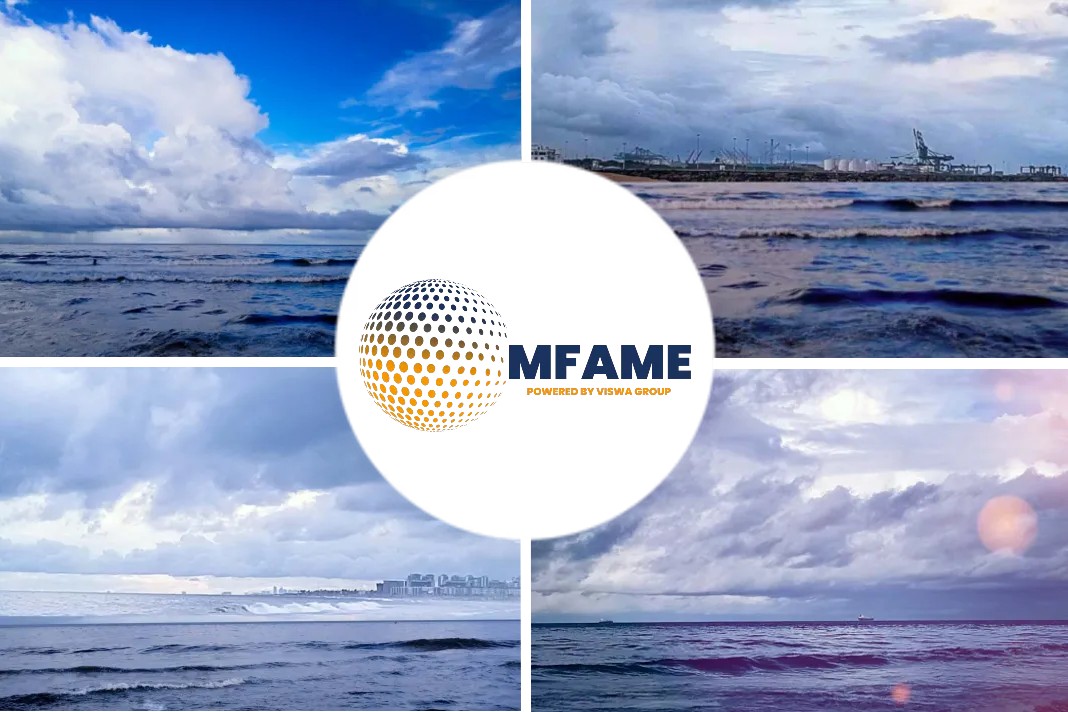
Abuse of IMO vessel-numbering scheme and falsely flagged ships continues, committee hears, reveals a Lloyds List.
New practices of sub-standard shipowners
‘The new practices of sub-standard shipowners exploit the regulatory gaps in member states flag registries and aim to use the current identification numbers to their advantage,’ Georgia delegate tells IMO legal committee.
Countries support an intersessional working group to define the due diligence required to use the IMO unique company and registered owner identification number scheme.
MARITIME authorities’ efforts to combat the fraudulent flagging and registration of vessels have been placed before an International Maritime Organization committee amid concern that exploitation of regulatory loopholes in shipping undermined the integrity of global trade.
Delegates from Singapore, Georgia and Guyana were among the countries that detailed the unchecked assignation of fraudulent or fake documents and abuse of the IMO identification number scheme.
There are 110 falsely flagged ships known to be trading, according to IMO research, but the exact scope of the problem and its prevalence remains unknown.
The IMO was tricked into wrongly issuing numbers for vessels that did not exist as part of a North Korean vessel identity laundering scheme in 2019, while other scams linked to the so-called dark fleet of tankers were uncovered by Georgia last November.
“The new practices of sub-standard shipowners exploit the regulatory gaps in member states flag registries and aim to use the current identification numbers to their advantage,” Georgia’s delegate told the IMO Legal Committee.
Companies connected with 10 Cameroon-flagged tankers
Georgia discovered companies connected with 10 Cameroon-flagged tankers engaged in sanctioned oil trading had illegally claimed to be registered in the country, with unique identifier numbers mistakenly issued by the IMO.
“We have now uncovered even more instances,” the delegate said.
Georgia, along with the United Arab Emirates, sponsored a document before the committee that called for an intersessional working group to define the due diligence required to use the IMO unique company and registered owner identification number scheme.
China has also called for the IMO to start a database which detailed fraudulent registries and falsely registered ships.
Less than 14% of member states responded to a fact-finding questionnaire into the abuse, according to an interim report on false and fraudulent flagging and related clandestine activities, which the IMO commissioned from Sweden’s World Maritime University.
The committee agreed to redistribute the questionnaire and urged flag states and related marine service providers such as insurers and classification societies to also participate.
Singapore also outlined how one company that was falsely claiming to provide services on behalf of Guyana, continued to operate in the country.
The International Maritime Safety Agency of Guyana had its contract revoked by the Guyanese government but remained online and continued to accept ships into the flag, the Guyana delegate said.
Laos Ship Registry and Maritime Safety Administration
The Singapore-based branch of the company had changed its name to the Laos Ship Registry and Maritime Safety Administration, Singapore’s delegate told the IMO.
As a result, Singapore’s maritime authority had to directly check with Guyana whenever it received any ship certificates issued from Guyana.
S&P Global, the company that manages the database on behalf of the IMO and issued the numbers, said that it relied on data supplied by flag administrations.
“We carry out a yearly analysis and gather figures on vessels under the flags’ fleets,” the representative from the company said, attending the legal committee as a technical expert for the discussion.
“We are relying on flags to provide us information and we will happily help in any way. We are already providing data on fraudulent vessels that we know are fraudulently registered and this is regularly updated.”
The Palau registry is another company investigating possible abuse of the IMO numbering scheme after learning that the Moldovan companies linked to a tanker were likely false, Lloyd’s List has learnt.
This instance, and others, had yet to be formally reported to the IMO, and underscored China’s request for a central repository where information could be shared given the complexities seen at the intersect of maritime and port authorities, private registries, and recognised organisations.
A representative from Georgia had sought to get the numbers fraudulently assigned against the Georgian companies removed from the IMO database but had not yet been successful.
The S&P representative said at the meeting that the companies that claimed to be incorporated in Georgia were tracked to an address in the Seychelles, according to their company registration certificate. The operational address was then suddenly switched to Georgia, he said.
Copies of documents of compliance with certificates were issued by a recognised organisation that likely was unaudited.
The addresses in Georgia were removed
The addresses in Georgia were removed from the database but the companies remained listed, he said.
“S&P suggested that they removed from the database reference to Georgia, but their (the companies’) registration under Cameroon remains legal, because Cameroon does not take any action against such vessels and S&P doesn’t have legal right to do anything about it,” Georgia’s delegate told Lloyd’s List in a separate response.
IMO director Fred Kenney told the committee that it was possible the IMO to assume responsibilities for the 1986 UN Convention on Conditions for Registration of Ships, which had not yet entered into force.
The Convention established international standards for the registration of vessels in a national registry, including reference to the genuine link between ownership, management, registration, accountability, and the role of the flag state.
“With the consent of the (UN) General Assembly, and the consent of the IMO assembly, such an output could go forward and the legal committee of the member states were to so decide,” he said.
Did you subscribe to our daily Newsletter?
It’s Free! Click here to Subscribe
Source: Lloyds List





















